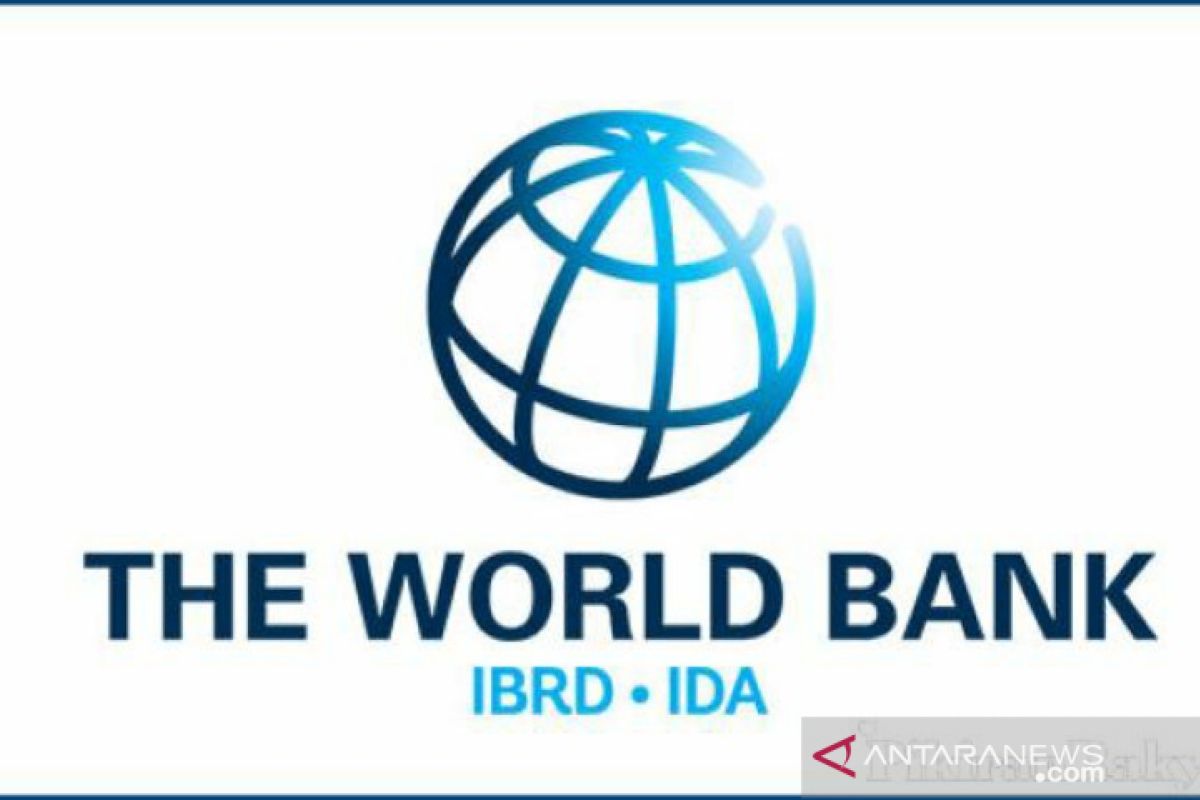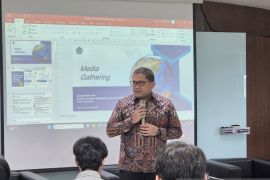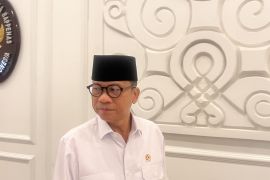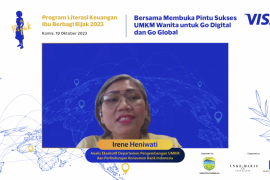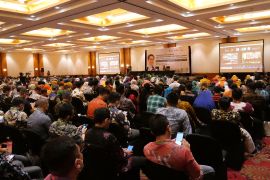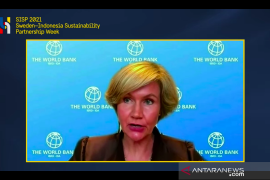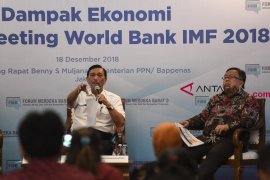A new World Bank impact evaluation of the Government of Indonesia’s Early Childhood Education and Development (ECED) program indicated that early childhood education benefits children well into primary school.
"The results of this impact evaluation show that early childhood education programs work best when they support children’s learning at various stages of development—a play-based or playgroup early education setting followed by a more structured and increasingly academic-based environment in kindergarten before entering primary school," Amer Hasan, senior economist at the World Bank, remarked in a statement here on Thursday.
The Government of Indonesia has been taking several initiatives in the past decade to boost the country’s early childhood education sector – from increasing access to preschool services through the Early Childhood Education and Development project to expanding the training available for community educators through the Frontline Service Delivery project.
These efforts have yielded a positive result as suggested by the Ministry of Education and Culture’s 2018 data on the gross enrollment rate for three- to six-year-old children, increasing from 25.8 percent in 2010 to 32.11 percent in 2018.
Nonetheless, disparity exists in the access to early education services, with economically disadvantaged children having significantly lower enrollment rates than their more affluent peers.
To offer broader access to early childhood services and step up children’s readiness for school, the government, with the World Bank’s support, launched the Early Childhood Education and Development Project in 2009. It operated in 50 districts and focused on three thousand villages identified on the basis of their poverty rates and size.
The impact evaluation gauged the Project performance from 2009 to 2016 and focused on playgroup services in 310 villages in nine districts.
The evaluation followed the development of children when they were one, two, five, and eight years of age. It examined a comprehensive set of child development outcomes, both cognitive and socio-emotional, as well as children’s performance on a test of language, mathematics, and cognitive reasoning when they were in primary school.
Data accrued for the evaluation had also been utilized to scrutinize pathways through early childhood education.
The research team found that children enrolled in playgroup programs when they were between three and four years of age, followed by kindergarten programs at age five to six, got significantly higher scores in primary school tests than those enrolled only in playgroup or only in kindergarten programs.
The evaluation also unearthed that higher-quality preschools were linked to better child development outcomes in areas including social competence, language and cognitive development, communications skills, and general knowledge.
"High-quality, easily accessible early education services are essential to better prepare Indonesian children for further schooling, thus helping them become more successful in school and later in the labor market. Focus on this critical area can ensure a strong human capital foundation for Indonesia," Camilla Holmemo, World Bank Program Leader for Human Development, remarked.
Related news: Govt allocates Rp1,162 trillion for human resource development
Related news: Empowering Indonesian Diaspora to accelerate national HRD
Reporter: Azis Kurmala
Editor: Sri Haryati
Copyright © ANTARA 2019
